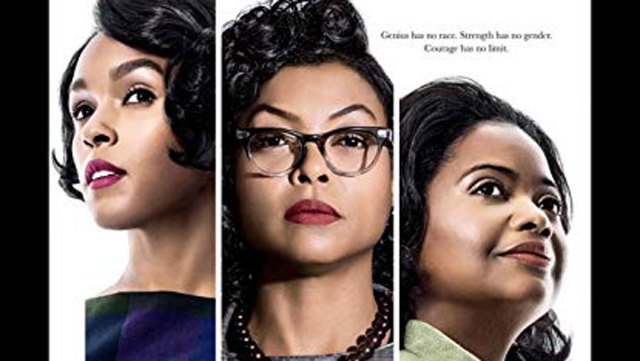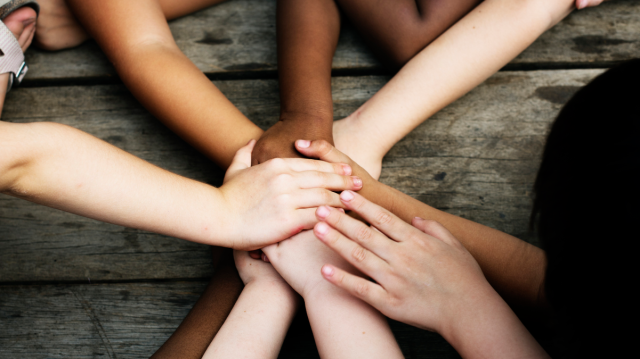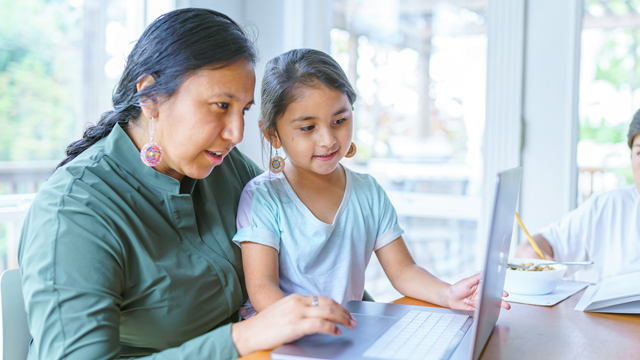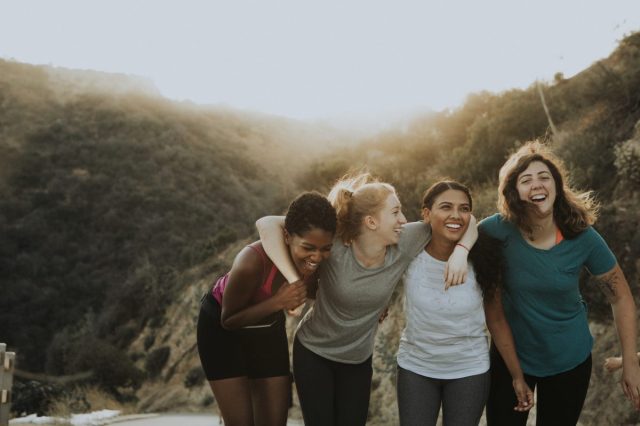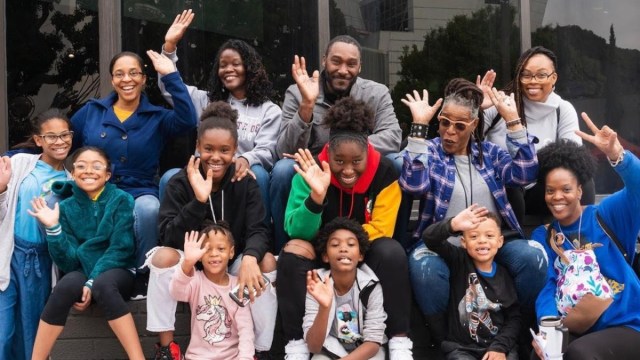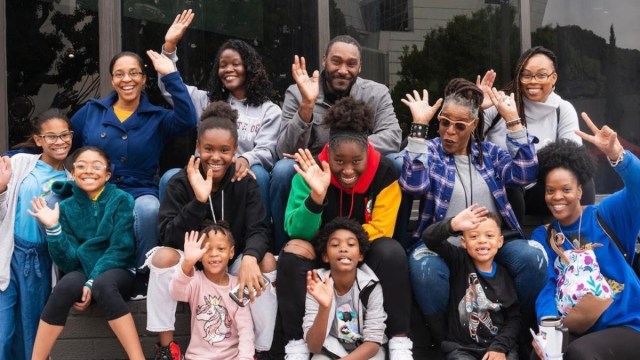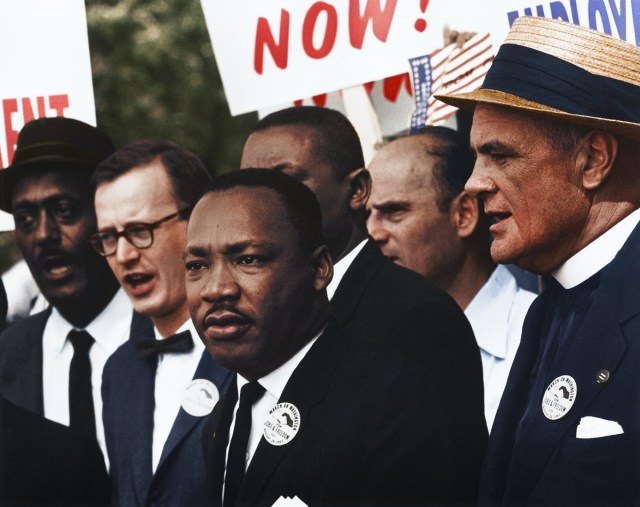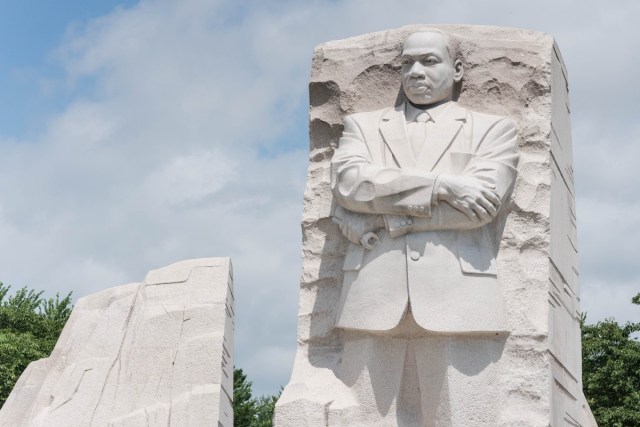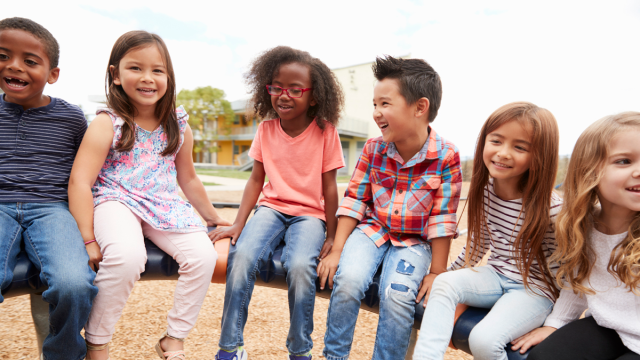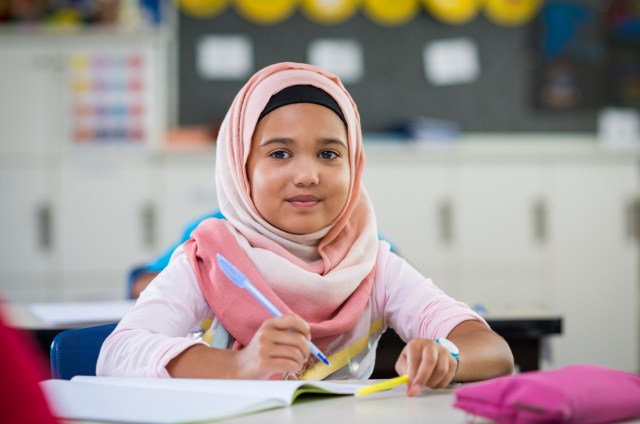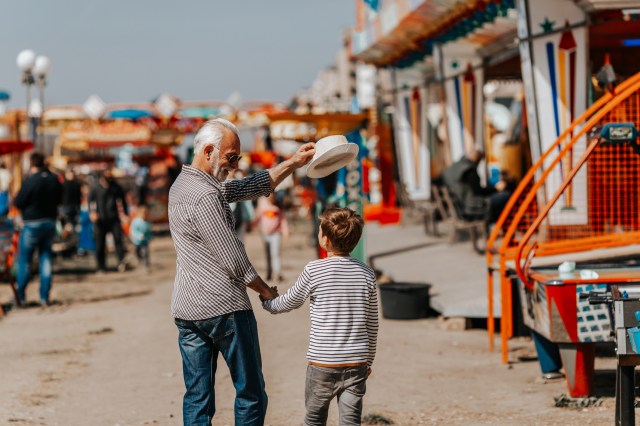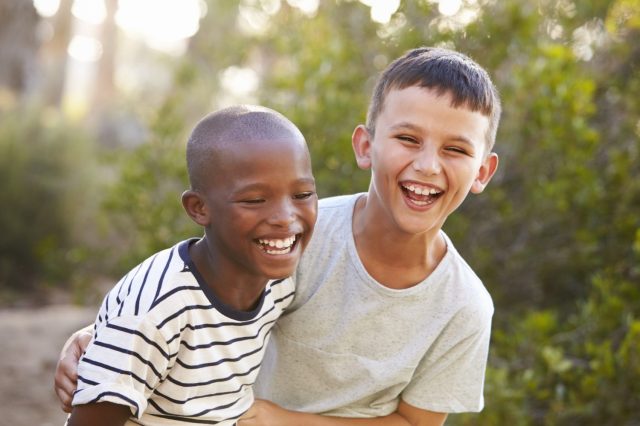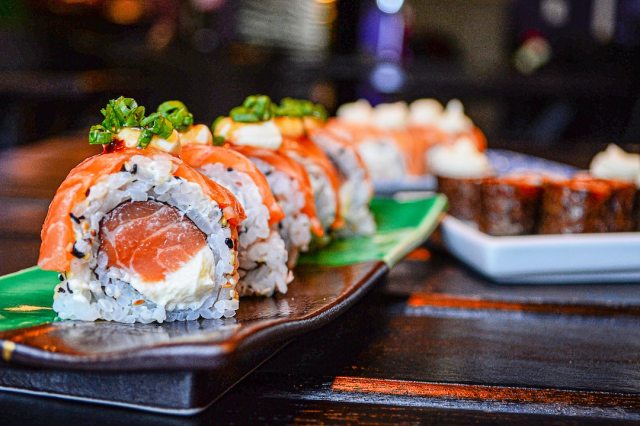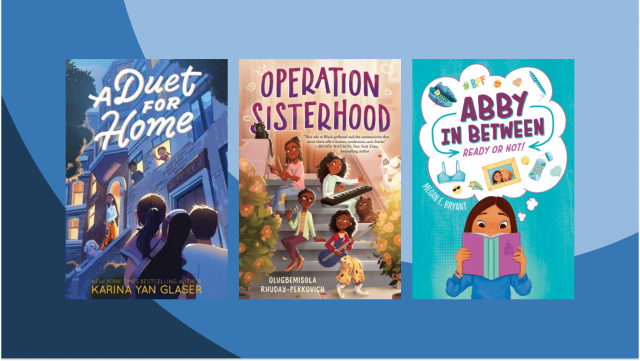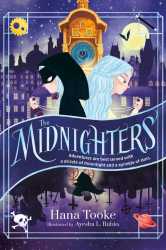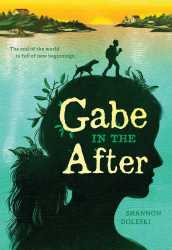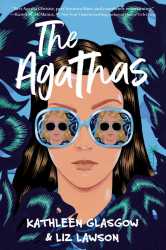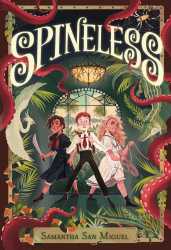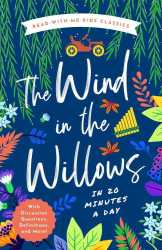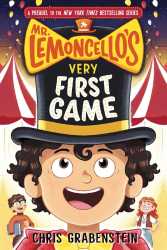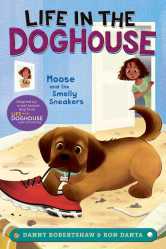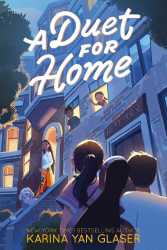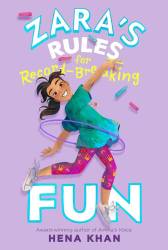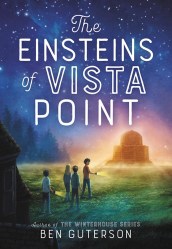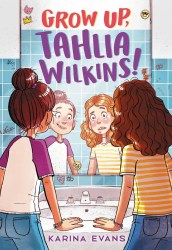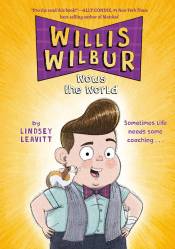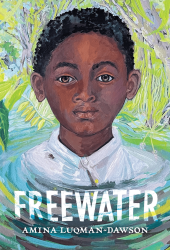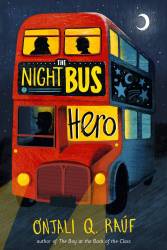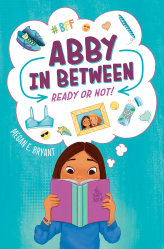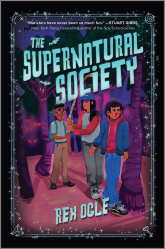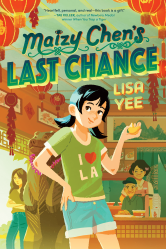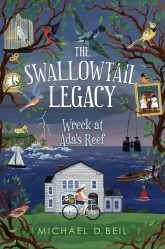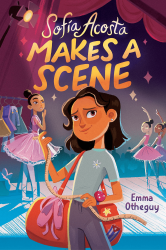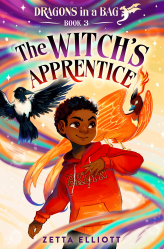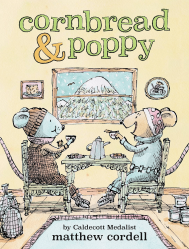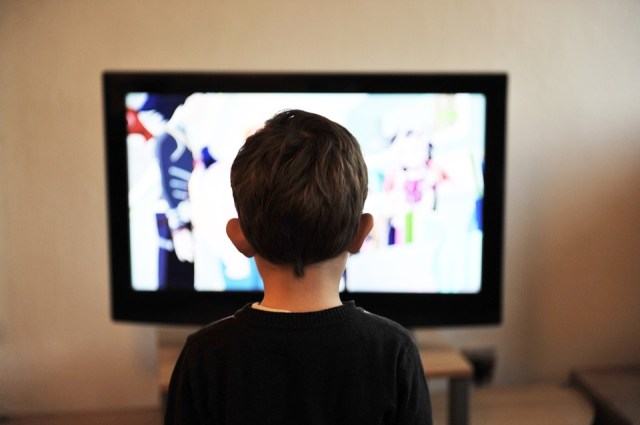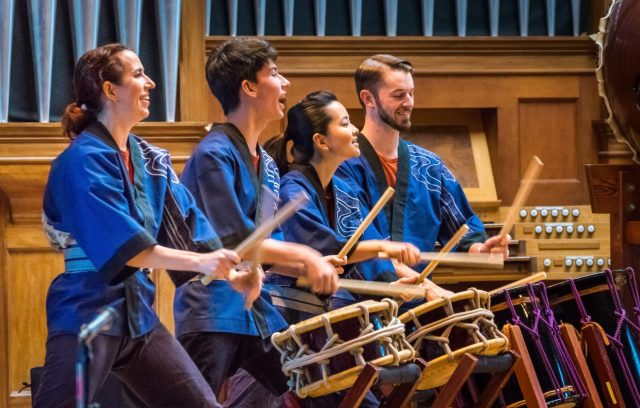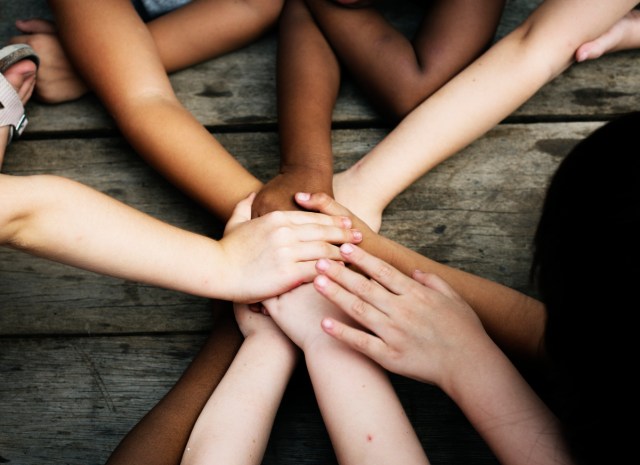Watch these Black history movies with your kids and learn as a family
These Black history movies for kids were hand-picked to give the 10 and younger set an opportunity to watch and learn about some of the experiences, challenges, and triumphs of the Black community. Watch these movies with your child to tap into important conversations you can have during Black History Month and throughout the rest of the year.
March On! The Day My Brother Martin Changed the World

This Scholastic Storybook DVD includes narrations of four children's books about the civil rights movement and Black history. It manages to explain how Black people were treated unequally in a way even preschoolers can understand on a basic level.
Recommended for ages 4 and older
Quality: 4 out of 5
Directed by Paul R. Gagne, Melissa R. Ellard
Scholastic, 2010
March On! The Day My Brother Martin Changed the World

This is the uplifting true story of Janet Collins, whose dedication and determination led her to become the first African-American ballerina in the country to perform at the Metropolitan Opera House. Narrated by Chris Rock, this inspirational film can teach kids a lot about the lingering effects of slavery and racism in Jim Crow America.
Recommended for ages 5 and older
Quality: 4 out of 5
Directed by Saxton Moore
Sweet Blackberry, 2015
Garrett's Gift
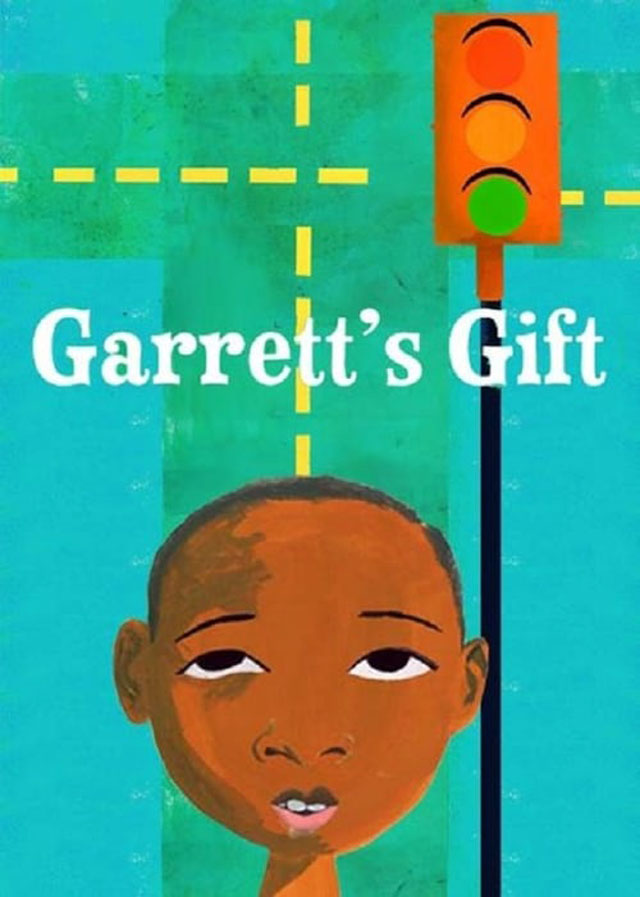
Narrated by Queen Latifah, this short movie about Garrett Morgan is a great primer on the history of a famous Black inventor and on the fascinating places where ideas originate.
Recommended for ages 5 and older
Quality: 4 out of 5
Directed by Karyn Parsons
Sweet Blackberry, 2007
The Journey of Henry Box Brown
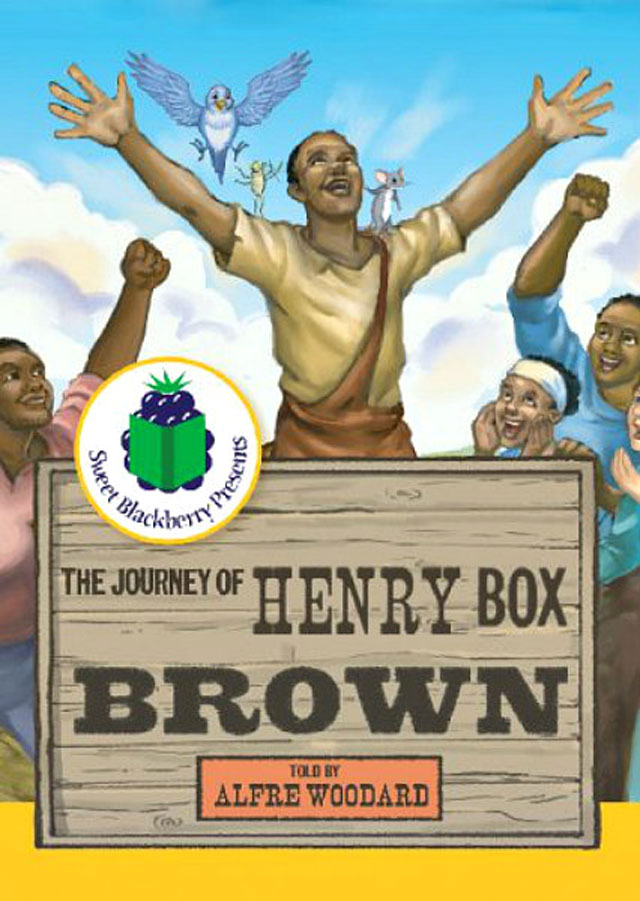
The Journey of Henry Box Brown is an educational, uplifting short film that tells the true story of a former enslaved person who shipped himself to freedom in a crate in a harrowing 27-hour journey. It’s a perfect introduction to Black history.
Recommended for ages 5 and older
Quality: 4 out of 5
Directed by Karyn Parsons
Sweet Blackberry, 2005
And the Children Shall Lead
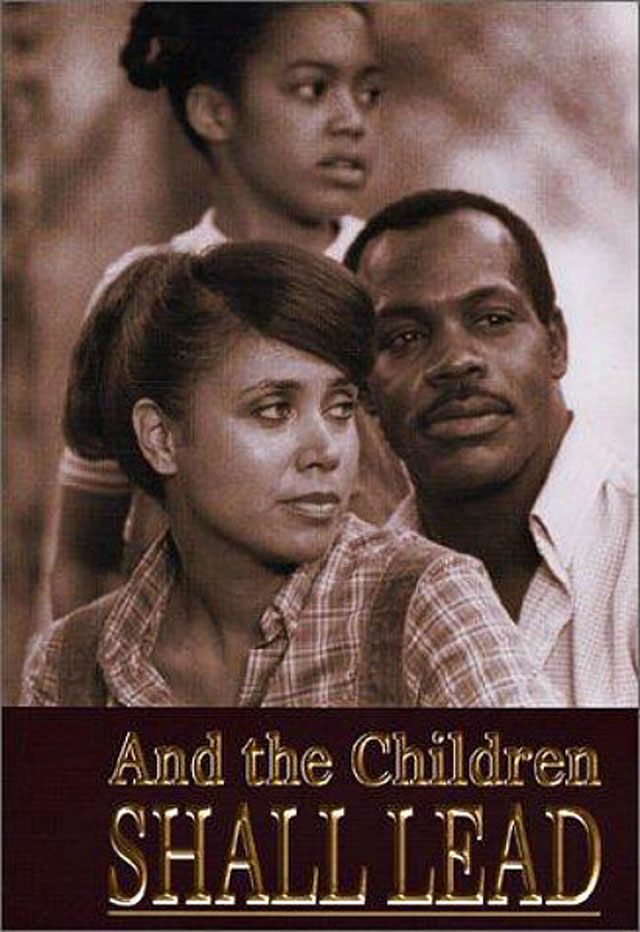
This powerful drama provides a great way to open discussion with kids about racial issues. Direct and sensitive, it personalizes a portrait of America's arduous struggles to break free of racism.
Recommended for ages 9 and older
Quality: 5 out of 5
Directed by Michael Pressman
HBO, 1988
A Ballerina's Tale
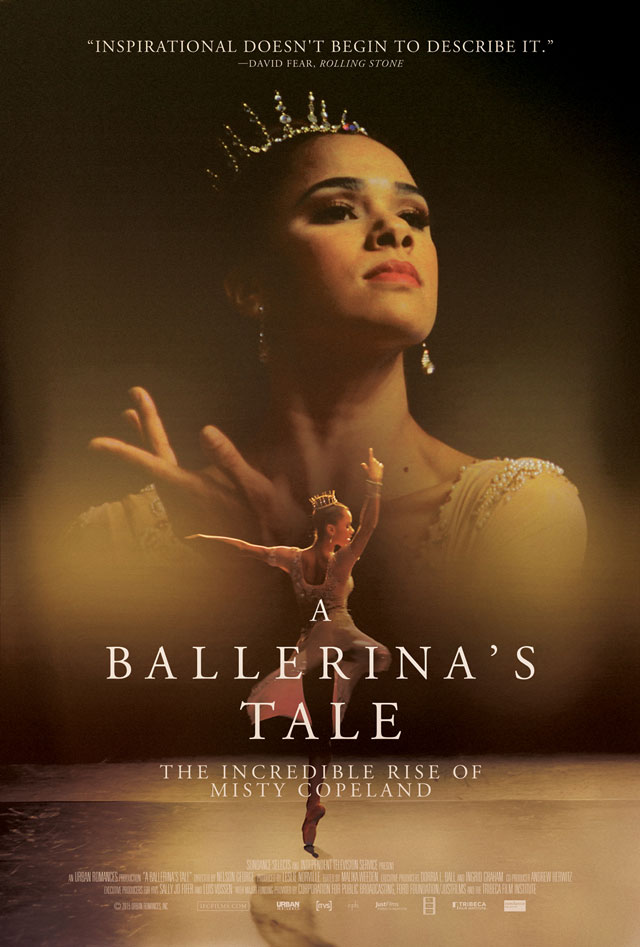
A Ballerina's Tale examines the life and career of Misty Copeland, the first African-American principal dancer at New York's American Ballet Theater. Not only is Copeland a significant role model for any young girl who dreams of a career as a dancer, but she's also emerged as an important example for the Black community.
Recommended for ages 9 and older
Quality: 4 out of 5
Directed by Nelson George
Sundance Selects, 2015
Thunder Soul
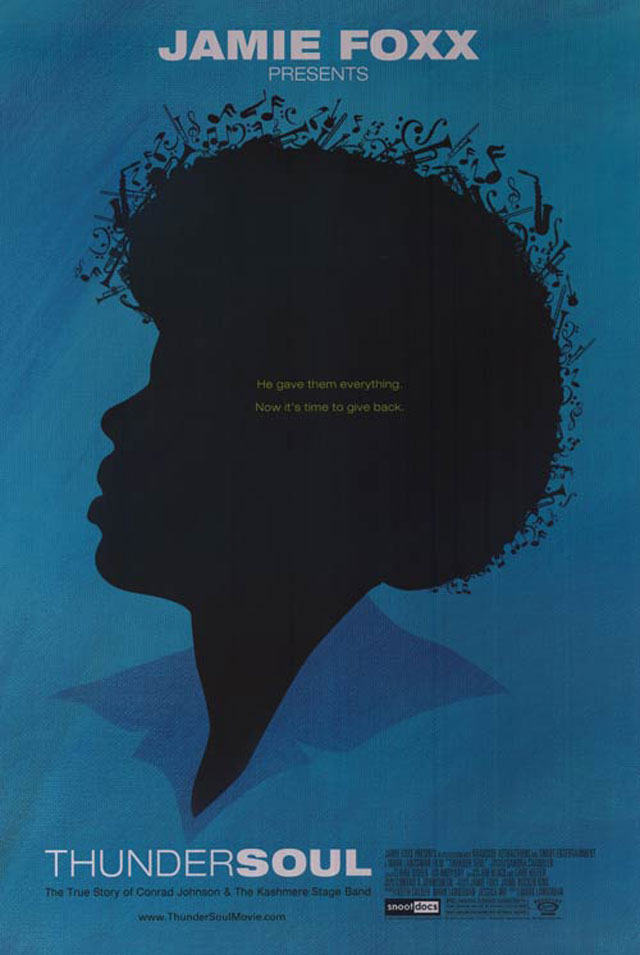
This documentary about one of the country’s top jazz bands in the mid-‘70s is full of inspiring messages and strong role models. The Kashmere Stage Band was an all-Black high school band from Houston that not only revitalized the predominantly Black school but also revolutionized the entire concept of the stage band.
Recommended for ages 9 and older
Quality: 4 out of 5
Directed by Mark Landsman
Roadside Attractions, 2011
Hidden Figures
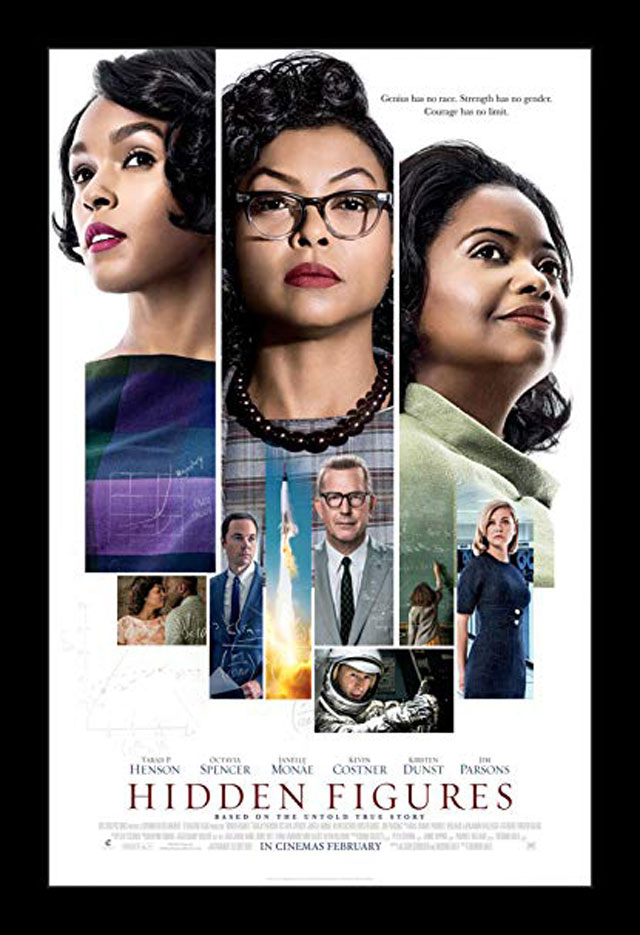
Based on the nonfiction book by Margot Lee Shetterly, Hidden Figures is the true story of three brilliant Black women who worked for NASA in the 1950s and '60s as "human computers.” This is a story that needed to be told—and it's told in a triumphant manner.
Recommended for ages 10 and older
Quality: 4 out of 5
Directed by Theodore Melfi
Twentieth Century Fox Film Corporation, 2016
Remember the Titans
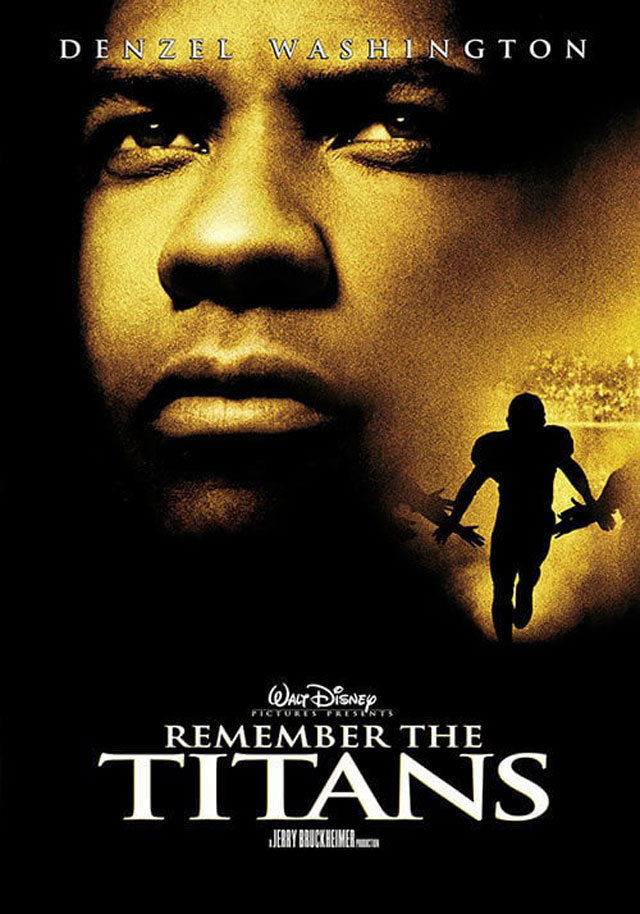
Remember the Titans tells the inspirational true story about the struggles and victories of a newly-integrated high school football team in 1971 in Alexandria, Virginia. It’s a deeply moving film about the courage of individuals and the power of sports to transcend perceived and ingrained differences.
Recommended for ages 10 and older
Quality: 4 out of 5
Directed by Boaz Yakin
Walt Disney Pictures, 2000
Woodlawn

Woodlawn is a faith-based drama inspired by true events at a Birmingham, Alabama, high school in 1973. The movie focuses on how a sports chaplain helped convert nearly the entire Woodlawn High School football team to born-again Christianity after it was desegregated, helping the players deal with racial strife on and off the field.
Recommended for ages 10 and older
Quality: 3 out of 5
Directed by Andrew Erwin and Jon Erwin
Pure Flix Entertainment, 2015

Common Sense Media
Tinybeans Voices ContributorCommon Sense Media is an independent nonprofit organization offering unbiased ratings and trusted advice to help families make smart media and technology choices. Check out our ratings and recommendations at www.commonsense.org.
